Britain & Ireland 1901-present
War and conflict, technology, illness and medicine and the battle for civil and national rights have all been key elements of the 20th century through to today, thus, all of those themes and many more are explored in this section. Underpinning many of these articles and included here are articles exploring pedagogical issues, managing knowledge and transferring knowledge. Read more
Sort by:
Date (Newest first) | Title A-Z
Show:
All |
Articles |
Podcasts |
Multipage Articles
-
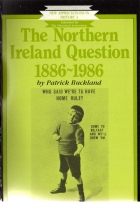
The Northern Ireland Question 1886-1986
ArticleClick to view -

The People's Pension
ArticleClick to view -
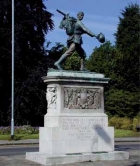
Polychronicon 134: The Great War and Cultural History
ArticleClick to view -
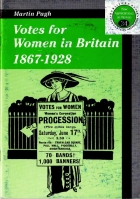
Votes for Women in Britain 1867-1928
ArticleClick to view -
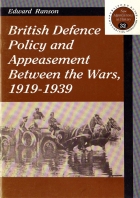
British Defence and Appeasement Between the Wars 1919-1939
ArticleClick to view -
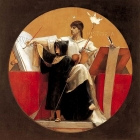
Making History
ArticleClick to view -

50th Anniversary of 'Carve her name with pride'
ArticleClick to view -
Churchill: The Greatest Briton Unmasked
ArticleClick to view -

Northamptonshire in a Global Context
ArticleClick to view -

Polychronicon 131: At your leisure
ArticleClick to view -

The great Liberal landslide: the 1906 General Election in perspective
ArticleClick to view -

Breaking the 20 year rule: very modern history at GCSE
ArticleClick to view -

Polychronicon 119: The Second World War and popular culture
ArticleClick to view -

England Arise! The General Election of 1945
ArticleClick to view -

Lloyd George & Gladstone
ArticleClick to view -

Polychronicon 117: interpretations of Douglas Haig
ArticleClick to view -

Please send socks'. How much can Reg Wilkes tell us about the Great War?
ArticleClick to view -

Cunning Plan 100: teaching the First World War in Year 9
ArticleClick to view -

Practical classroom approaches to the iconography of Irish history or: how far back do we really have to go?
ArticleClick to view -

Mentioning the War: does studying World War Two make any difference to pupils' sense of British achievement and identity?
ArticleClick to view

